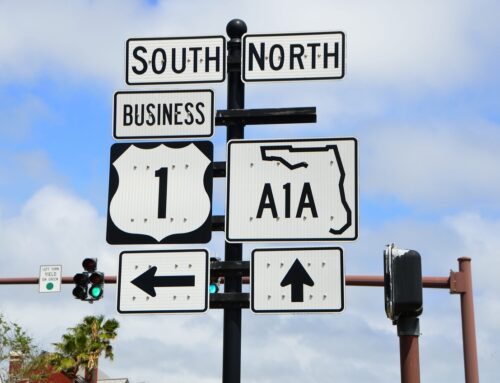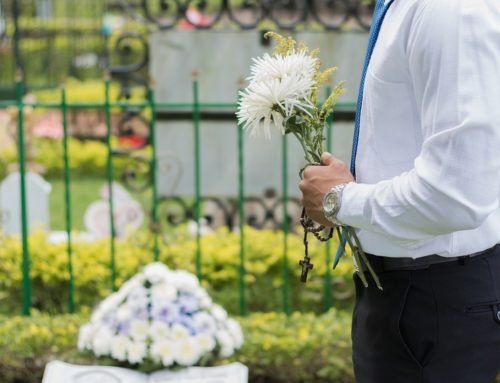Losing a loved one is one of the most challenging situations in life – especially when their death is a result of someone else’s negligence. Sadly, it happens every day, and family members are left trying to pick up the pieces and find answers. There are two primary claims that can be pursued in this case – wrongful death and survival action claims. Those who turn to a personal injury attorney for help will have the assistance they need in navigating the necessary steps to receive compensation in the correct manner.
Definition: Wrongful Death Action
A wrongful death action is a claim that is filed by surviving relatives and loved ones after losing someone in a negligence case. Wrongful death involves gaining compensation for the economic and emotional impact that the death has had on loved ones.
Wrongful deal claims are designed to compensate the beneficiaries or surviving family members.
The damages may involve a broad range of compensation options, typically monetary damages that are awarded to the spouse, children, or other relatives who received support from the deceased. Damages may represent:
- Loss of financial support/victim’s future income
- Loss of consortium
- Loss of care, nurturing, and affection
- Loss of inheritance
- Loss of household services
- Funeral and burial costs
- Mental anguish, pain, and suffering
Definition: Survival Action Claims
A survival action is similar to wrongful death in that it is filed by the surviving family members after losing a loved one due to negligence. However, a survival action seeks compensation determined by what the deceased would have earned if they had survived the accident. The damages awarded in a survival action claim are meant to compensate the survivors for injuries that were sustained by the deceased before the time of death.
Surviving relatives can expect to receive various categories of compensation:
- Pain and suffering
- Lost wages
- Pre-death medical expenses
Which is the Right Choice?
Because these two actions are so similar, survivors may be confused as to the best course of action – the one with the best chance of obtaining the compensation they deserve. The better someone understands the nuances, the more clarity they will have as to the right choice. Better yet, survivors should contact a professional personal injury attorney to help them to determine which avenue to pursue.
The differentiation is this:
- wrongful death suits seek awarded damages for the beneficiaries who suffered as a result of the death.
- survival action claims seek damages that would have been recovered by the deceased if they had survived the accident.
Who Can File a Wrongful Death or Survival Action Claim?
The personal representative of the deceased’s estate is responsible for filing the lawsuit. This is typically the nearest surviving relative (spouse, child, parent, or sibling) The representative is either named in the will, the family can decide who to appoint, or the courts will make the decision. This person will also take care of any outstanding matters or debts.
What is a Statute of Limitations?
The statute of limitations structures the amount of time an individual has to take legal action. Once that time has lapsed, seeking compensation becomes more difficult or even legally impossible. This is why it is essential to secure legal representation immediately after an accident or injury occurs.
The statute of limitations for both wrongful death and survival action is two (2) years – either from the date of death or (2) years from the date the injury occurred. The personal injury attorney will determine the best course of action and keep everything on track.
The grief and sadness inherent in these types of cases can make it difficult to navigate the system to your best advantage. To gain the most benefit from your claim, hire an injury lawyer to walk you through the process.
Probinsky & Cole is a personal injury law firm based in Sarasota, Orlando, and Tampa Bay.








